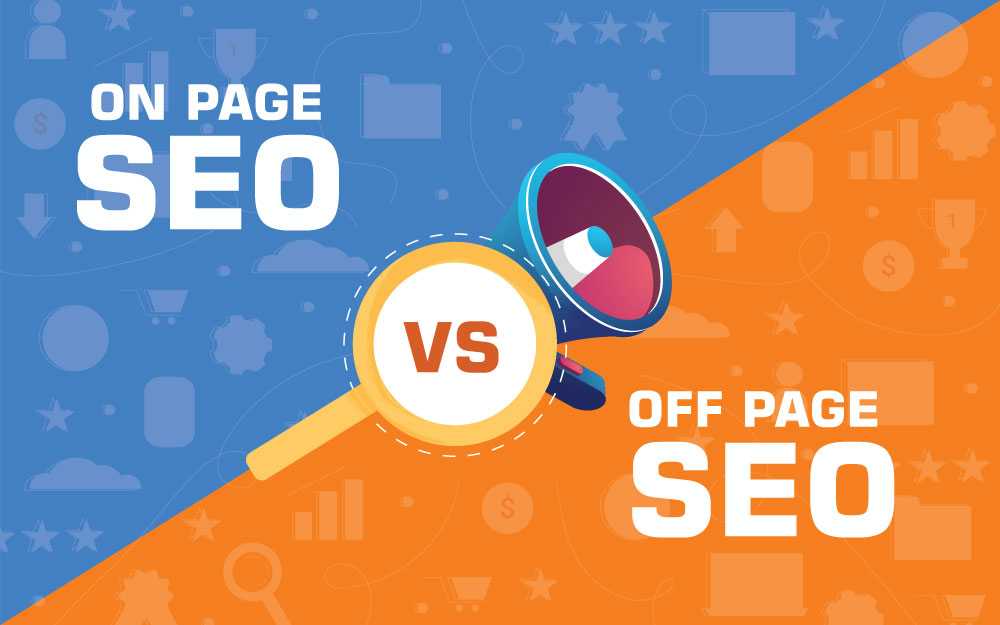Search Engine Optimization (SEO) is the backbone of any successful online presence. On-page SEO and off-page SEO are two critical components of this strategy. Whether you’re focusing on improving your website’s content or building its authority, understanding these approaches will help you craft a well-rounded plan to boost your rankings and visibility on search engine result pages (SERPs).
On-Page Optimization Overview
On-page SEO refers to the techniques you apply directly to your website to improve its search engine rankings. It involves both technical and content-related aspects, making your site more user-friendly and search engine-friendly. Key elements include:
- Content Quality: Crafting valuable, engaging, and relevant content tailored to your audience. This includes strategic keyword placement and a logical structure.
- Titles and Descriptions: Writing compelling and informative titles and meta descriptions to improve click-through rates (CTR).
- URL Design: Keeping URLs short, descriptive, and easy to understand.
- Internal Linking: Connecting related pages within your site to improve navigation and distribute link equity. Additionally, this helps users find relevant information quickly.
- Performance and Accessibility: Ensuring your website loads quickly and performs well on mobile devices. A fast, mobile-friendly site enhances user satisfaction.
For example, adding a link to another article like Beginner’s Guide to Keyword Research enhances navigation and internal SEO.
Off-Page SEO Essentials
Off-page SEO involves efforts outside your website to enhance its credibility, authority, and rankings. It focuses on building trust and increasing your site’s reach. Key components include:
- Backlink Strategy: Earning links from high-authority websites can significantly boost your credibility.
- Social Sharing: Distributing content on platforms like LinkedIn and Instagram to increase reach and visibility.
- Collaborative Content: Writing for other blogs or sites helps gain exposure and valuable links.
- Reputation Building: Collecting reviews and engaging with your audience builds trust, which is essential for long-term success.
For instance, securing a backlink from a respected resource like Moz can amplify your off-page SEO efforts and improve authority.
Comparing On-Page and Off-Page SEO
| Feature | On-Page | Off-Page |
|---|---|---|
| Control | Fully under your control | Relies on external factors |
| Focus | Content, structure, and technical aspects | Backlinks, brand mentions, and authority |
| Tools Used | Google Search Console, Yoast SEO | Ahrefs, SEMrush, BuzzSumo |
| Time to See Results | Relatively quicker | Takes time to build credibility |
Understanding these differences ensures you can apply the right techniques for your website’s needs and goals.
Why Both Strategies Matter
On-page SEO ensures your website is optimized for both search engines and users, while off-page enhances its authority and visibility. Together, they create a comprehensive strategy for sustained growth. By balancing these approaches, you can cover all aspects of search engine ranking factors.
Final Thoughts
In today’s competitive digital landscape, balancing on-page and off-page efforts is essential. Focus on creating high-quality content, refining your website’s performance, and building strong relationships to achieve long-term success. Furthermore, staying updated on SEO trends will help you adapt to algorithm changes effectively.
Discover more tips in this comprehensive guide: SEO (Search Engine Optimization).

Leave a Reply